Brian Tracy calls this “eating your frogs.” These days I feel like I’ve been trying to eat a frog sandwich.
You see, I finally took up a scriptwriting elective this semester. While on break from film school I realized I wanted to be first and foremost a storyteller. Akira Kurosawa said in one of his interviews that if one wanted to become a director, one should start being a scriptwriter first. That had been my motivation for quite some time.
Being subjected to criticism is nothing new to anyone in the arts. We’ve had our short films, photographs and concepts scrutinized, even crushed by professors and peers. I’d like to think that I take these criticisms well. In fact I appreciate the comments I get from my professor because I can see what he’s looking for and what I’m lacking in structure, flow, and in the meat of the story.
But there’s one thing that’s been bothering me throughout the weeks. It was the comment “masyadong burgis, hindi ako maka-relate” (it’s too bourgeoisie, I cannot relate.)
It’s a feedback a classmate of mine also received from a different course. In that same course I also got the comment: “It’s not independent cinema enough.” (but what is indie? is it not possible to put forth a progressive material within a mainstream framework?)
I do understand where these professors are coming from. I am aware of the struggles that our people face. And as the bourgeoisie class studying in a state university- we’re expected to amplify the voices of the marginalized and oppressed. But it also felt like how one would feel if you were to make a film about a middle class family, show it to a first world audience and the first world would wag its fingers and say “your country is poor, why are you making films about the middle class?”
This was actually an anecdote from Marlon Rivera, the director of Babae sa Septic Tank (2011) At the Vancouver International Film Festival, Marlon explained why they decided to produce Babae sa Septic Tank. It was because when they were showing their previous film 100 (2008) in international film circuits, a lot of viewers were reacting as if the only stories that could come from the Philippines should be poverty stories.
This is how I felt with the way my professor was handling our class. I understood that we should create more diverse stories and provide equal opportunities for filmmakers from different backgrounds but was it necessary to slam down the seed of an idea before it ever had a chance to grow? This was after all, an introductory class to screenwriting. We all came from different backgrounds and ideologies. The story can be tweaked, made more progressive, inclusive and accessible as we develop the necessary skills. But also, are our stories not valid? Should they not exist? Why are we denying the existence of the Filipino middle class?
I think that’s dangerous and Chimamanda Andichie says it most eloquently:
“The single story creates stereotypes, and the problem with stereotypes is not that they are untrue, but that they are incomplete. They make one story become the only story. Our lives, our cultures, are composed of many overlapping stories. ”
Are the middle class’ struggle trivial just because they are in a much better position? Funnily enough I’m reminded of Kathryn Bernardo’s line in Barcelona, “I may not have a typical OFW story but I have a story to tell.”
As a Filipino immigrant I’ve always been frustrated by the lack of diversity in our OFW films. There’s a population of us that aren’t exactly working in the medical field or didn’t grow up impoverished. This is why I enjoyed Barcelona: A Love Untold, because it represented the OFW community very well.
OFWs are composed of domestic help, caregivers, professionals, laborers and that one person who feels superior after they marry into whiteness. Ah! the Donya Victorina archetype – products of internalized racism, something quite common among the population. The film has its lapses like cliche lines and some ill-placed drama but this mainstream film (something that most of those in film school would scoff at) is actually one of the OFW films that managed to tell multiple stories. It broke stereotypes in a way that some “indie” films never had.
I credit my scriptwriting class because I was able to dissect Barcelona’s screenplay and pinpoint parts of the story that could have made it stronger. Still, I felt bad the past few weeks. I did take the class because I wanted to learn how to write but there is a disconnect somewhere. My professor and I are not on the same page *wink.
I wished it didn’t have a grade equivalent or forced dropping because I want to continually learn how to write. It’s sad how my idealism for film school went down the drain. I’m back in film school because I plan on creating stories that aren’t out there yet. The thing is, I’ve been bumping into this kind of roadblock in university- the place I least expected to hinder my goals.
But all I have to do is survive. Yes, i’ll do what you guys want, make “non-burgis, indie film” kind of stories, i’ll bend but not break, get at least a minimum of 3.0 grade if only for the diploma.
I’ll just eat this shit sandwich. This frog, this frog sandwich!
And as I lament the struggles of film school, I remember a comment my mom left on Facebook:
“Be bamboo-like bend when you need to but spring right back. Compromise without losing your essence.”
To many more shit sandwiches in the future!
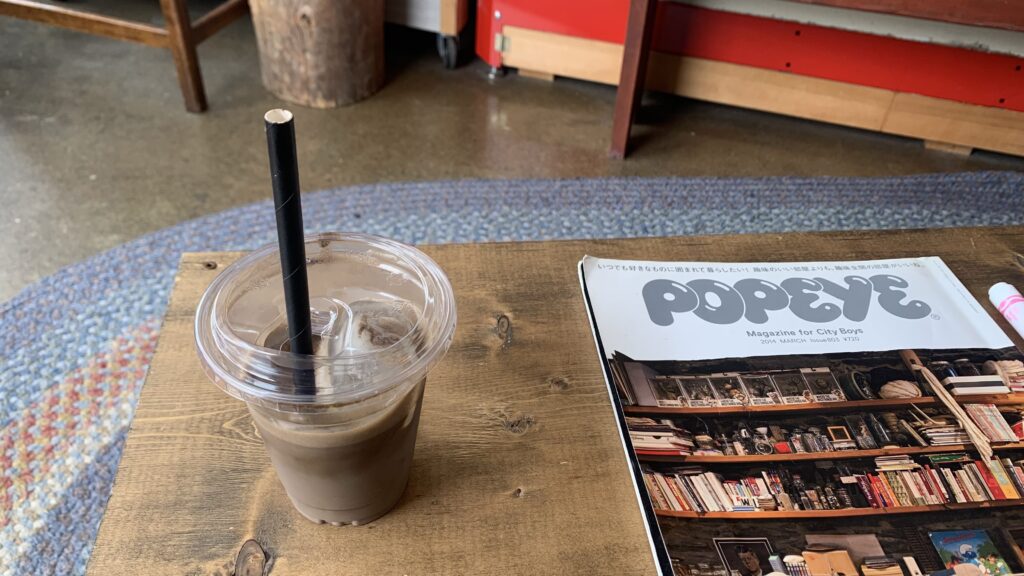
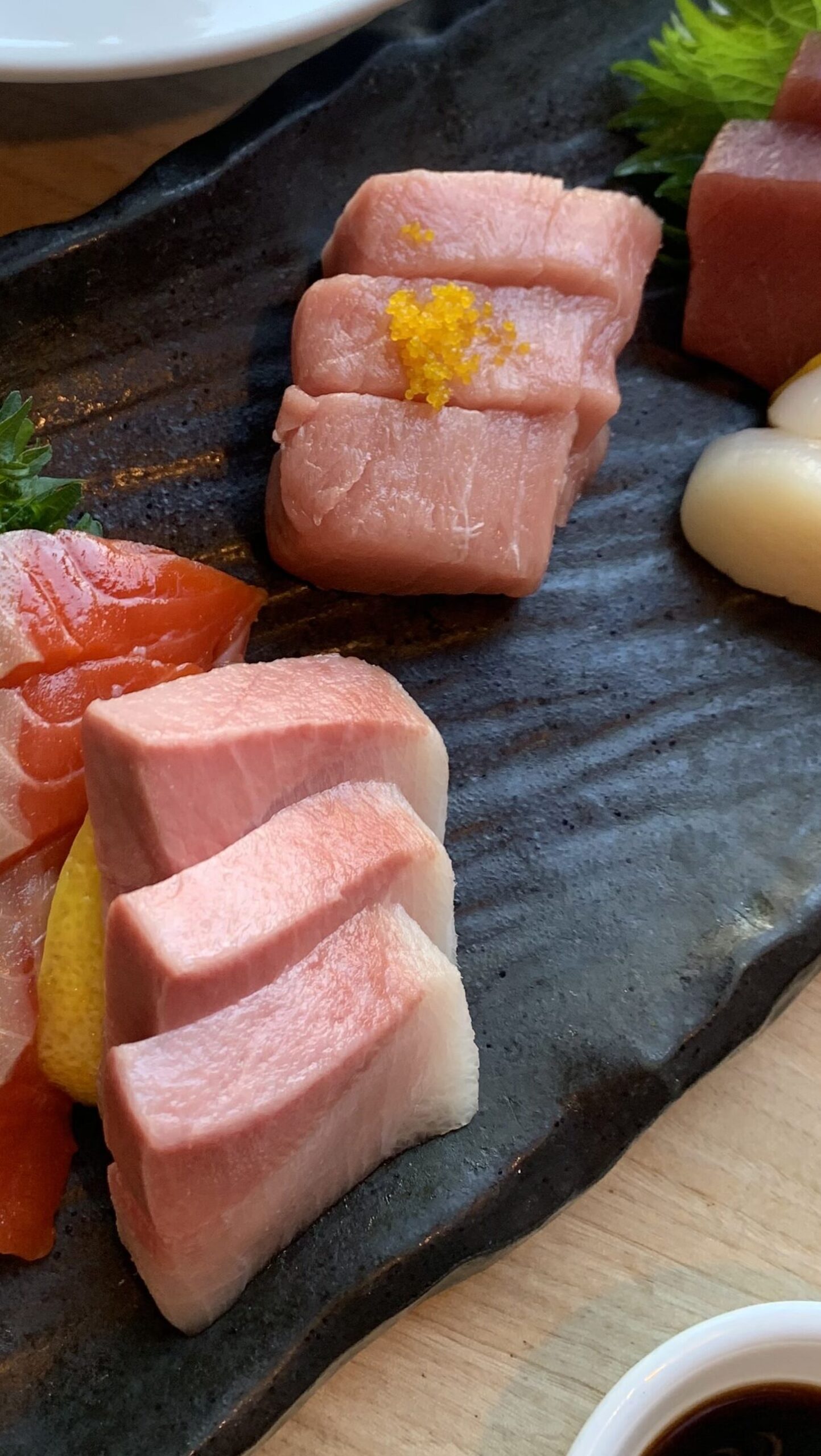

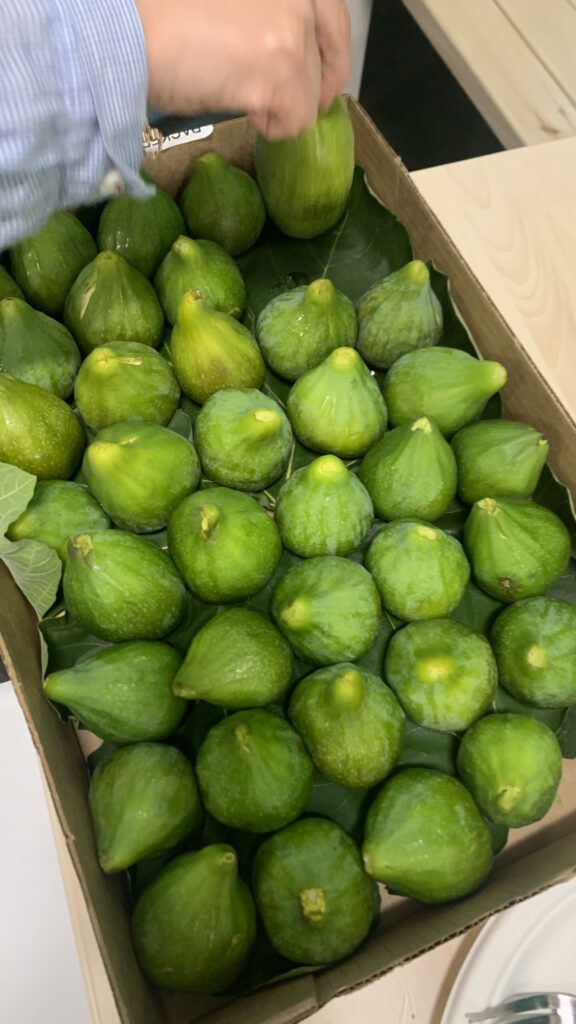
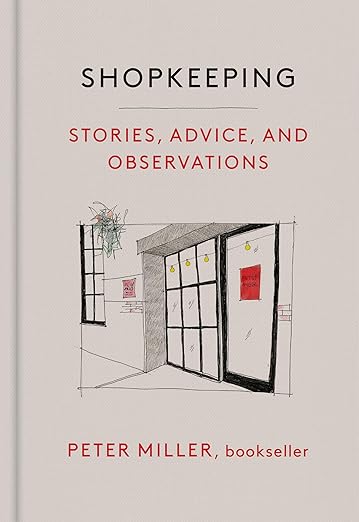
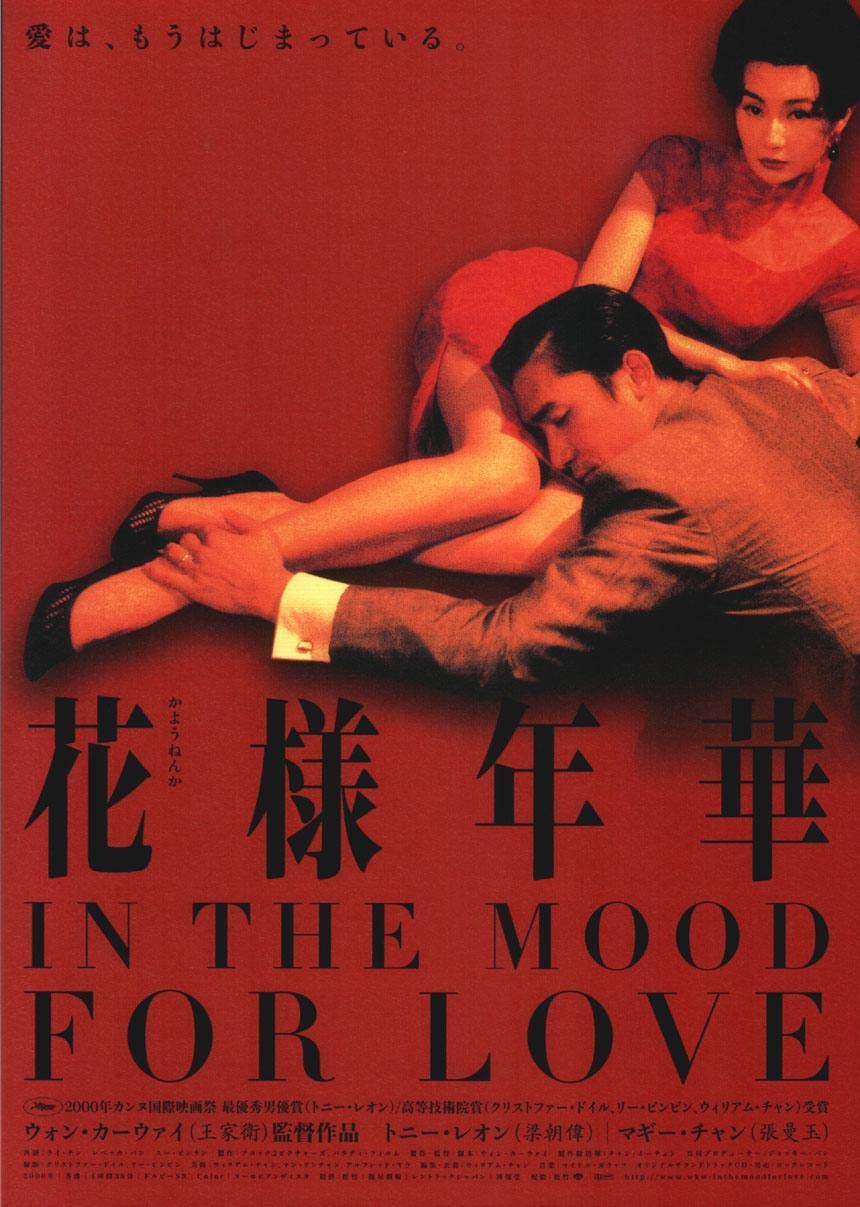
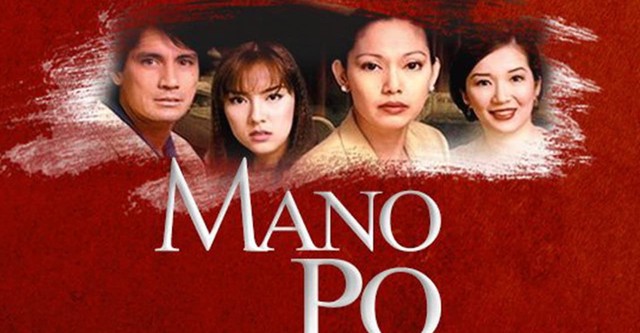

this is such a brave and deeply felt piece! i always wondered what it would have been like if i stayed a couple more years at school to develop my grit. i have so much more yet to learn in this space. so glad to find this nook you made! Wonderful